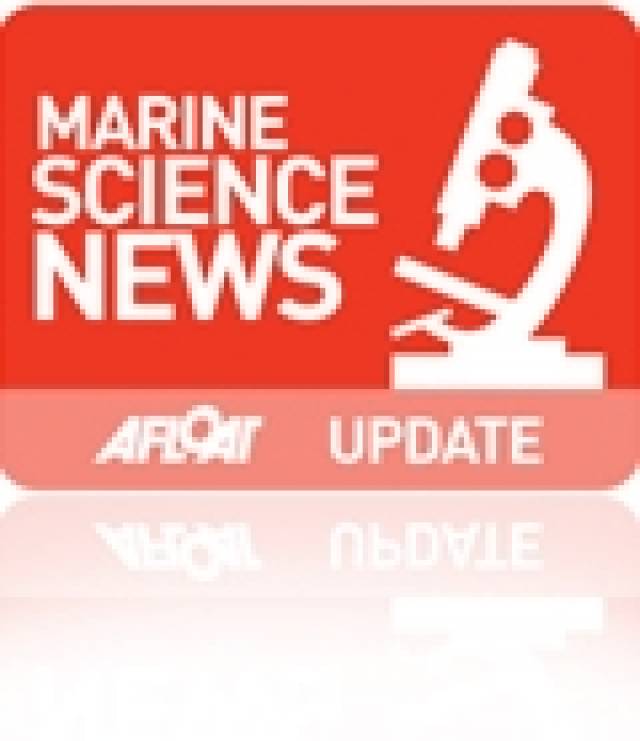#MarineScience - Two marine scientists associated with the Marine Institute through research carried out under the Sea Change Strategy have gone on to win support for specific small projects through the newly established International Council of the Exploration of the Sea (ICES) Science Fund.
Earlier this month ICES announced eight projects to be supported through the new Science Fund and focused on those that will add value to the ICES Science Plan of achieving integrated marine ecosystem understanding.
Dr Peter Heffernan of the Marine Institute congratulated Dr Sarah Kraak and Dr Kathryn Hughes on their projects being selected, saying: “It is a great achievement for the two researchers associated with the Marine Institute to be awarded the ICES funding.
"By encouraging researchers to engage with both academic and government institutions, this allows us to provide the best available science and knowledge and to make informed decisions of our ocean wealth at a national and international level.”
Dr Sarah Kraak from University College Cork is currently a postdoctoral fellow working on research to develop and test through simulation a suite of measures that will contribute to rebuilding depleted fish stocks in waters around Ireland carried out under the Sea Change Strategy and funded by the Marine Institute.
As lead scientist, Dr Kraak’s ICES project is called 'Insights from Behavioural Economics to improve Fisheries Management', and is co-lead by Ciaran Kelly from the Fisheries Ecosystem Advisory Services at the Marine Institute.
“Conventionally, fisheries management aims to modify the behaviour of fishers with laws and regulations," said Dr Kraak. "This method of a top-down control may not always fully achieve its objectives, owing to the interests of the individual fishermen.
"Therefore, using the discipline of Behavioural Economics, the project aims to research what drives human behaviour in fisheries. This approach may prove to be more useful in fisheries management and achieving sustainable resource exploitation."
In addition to the ICES funding, this project has already attracted a small grant from the Fisheries Society of the British Isles (FSBI).
The other project is a postdoctorate project led by Dr Kathryn Hughes from Bangor Universtiy in the UK. Dr Hughes recently completed her PhD on the impact of climate change on the distribution, biology and productivity of fish stocks in waters around Ireland, which was funded by the Marine Institute under Sea Change and co-supervised by Leonie Dransfeld from the Marine Institute.
Following completion of her PhD, Dr Hughes is now working on an international project called 'Developing Methods for Determining a Global Footprint of Mobile Bottom Fishing Using VMS Data', which aims to highlight the effects of trawling from countries that do not have the required resources to process and analyse raw fishing effort data.
ICES co-ordinates and promotes marine research in the North Atlantic Ocean, the North Sea, and the Baltic Sea, and advises international commissions and governments on marine policy and management issues related to the impacts of human activities on marine ecosystems and the management of the exploitation of living marine resources. ICES is working towards integrated ecosystem assessments and integrated advice, delivered at the regional seas level.
ICES is a network of more than 4,000 scientists from almost 300 institutes, with 1,600 scientists participating in activities annually from 20 member countries. To view the full list of projects and to follow their development, visit the ICES website HERE.
































































